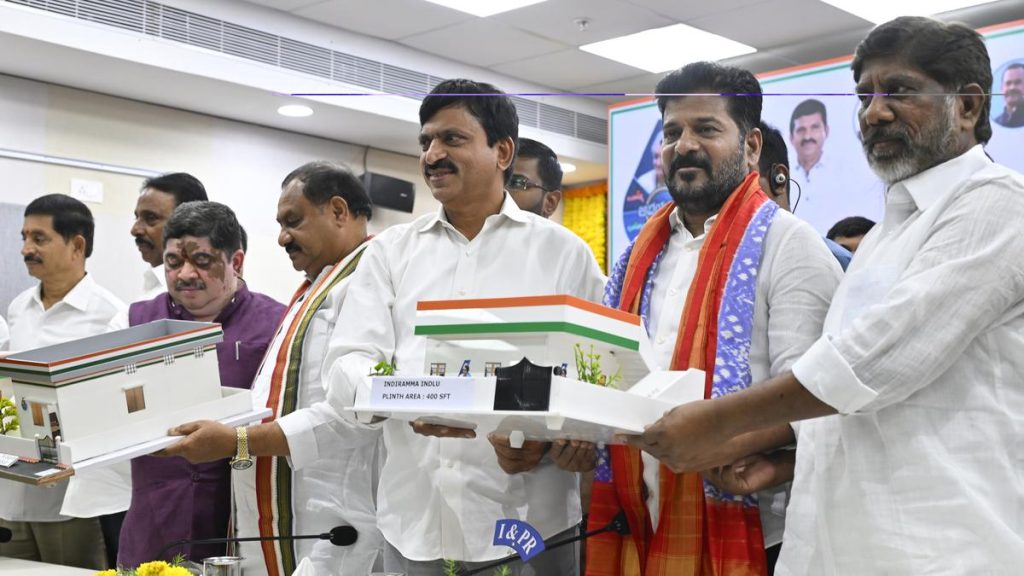Now Reading: What to Do if Your Dog Accidentally Consumes Cocaine
-
01
What to Do if Your Dog Accidentally Consumes Cocaine
What to Do if Your Dog Accidentally Consumes Cocaine

Fast Summary
- Researcher Profile: Dr. Jake Johnson, a cardiology resident at North Carolina State university’s College of veterinary Medicine, is focused on collaborative scientific efforts inspired by the One Health initiative.
- Current Research: His work emphasizes advanced cardiac knowledge in veterinary medicine and improving practical education for students and clinicians. He also authored case studies, including one involving cocaine toxicosis in dogs.
- Cocaine Toxicosis in Animals: Dogs can accidentally ingest harmful substances like cocaine due to thier scavenging nature. A recent case involved a chihuahua presenting symptoms such as collapsing episodes and bradycardia (low heart rate). Diagnosis was confirmed via urine drug screening.
- Prevention Tips for Pet Owners: Vigilance during walks, leash control, training commands like “leave it,” and seeking immediate veterinary care are essential to prevent accidental ingestion or mitigate harm quickly.
- Misconceptions in Toxicology Research: Pet owners may hesitate to report illicit substance ingestion due to fear of judgment or legal repercussions; honesty is critical for effective diagnosis and treatment.
- vision for veterinary Medicine: Future research should focus on democratizing access to advanced care through simplified imaging methods, cost-effective treatments, telemedicine applications, and reducing economic barriers to specialized veterinary procedures.
!dog
Indian Opinion Analysis
Dr. Jake Johnson’s research highlights an crucial intersection between animal welfare and public health concerns-a core goal of the One Health Initiative that recognizes interconnected challenges across species boundaries. The study on cocaine toxicosis sheds light on rare but severe issues requiring attention from both medical professionals and pet owners alike.The findings emphasize practical solutions grounded in proactive prevention measures like controlled walks and responsive training alongside swift medical intervention when incidents occur. This approach not only enhances emergency preparedness but serves as an educational tool for better understanding toxicology cases impacting animals-possibly influencing broader healthcare systems.As India continues expansion into modern veterinary practices with increasing access to specialist treatments such as surgical interventions or advanced diagnostics, this global outlook can inspire similar research initiatives locally aimed at affordability first principles while investing long-term toward bridging rural-metropolitan gaps systematically within its diverse clinics-critically benefiting pet health outcomes across all socioeconomic strata.
























